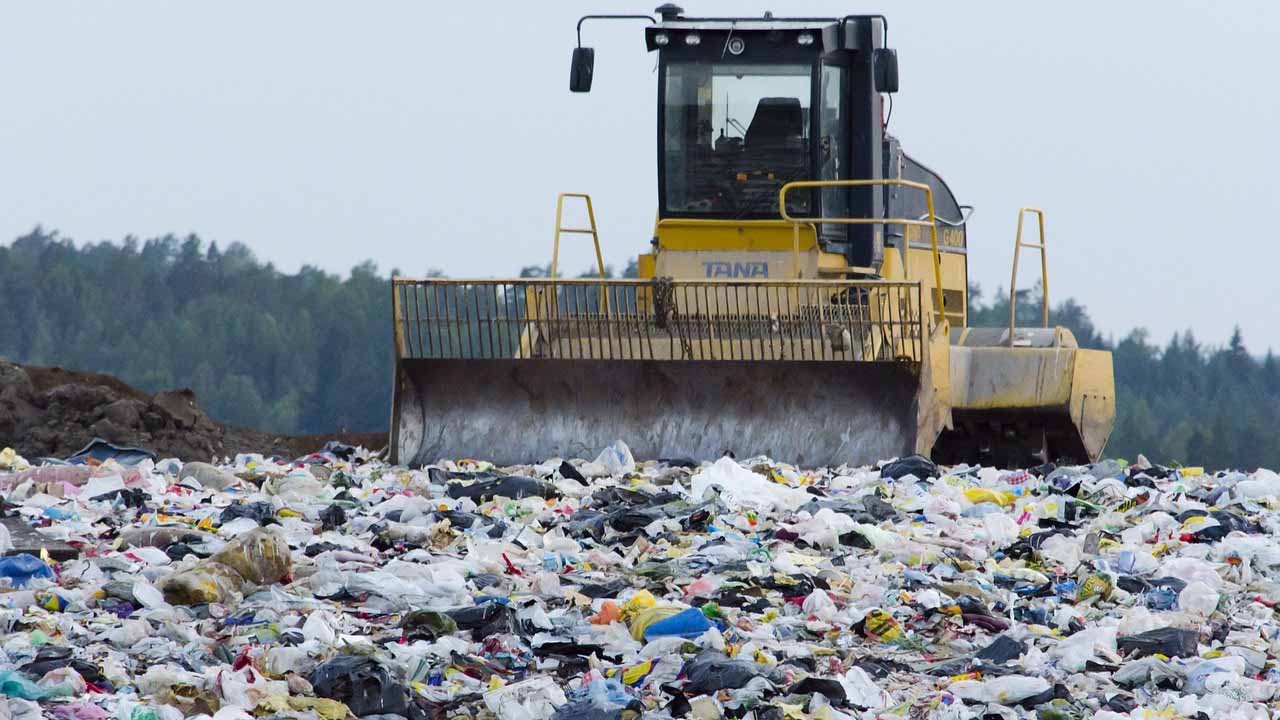Under Swachh Bharat Mission-Urban (SBM-U), out of 4,372 urban local bodies (ULBs) across the country, 4,371 have been certified open defecation free (ODF) and processing of municipal solid waste (MSW) has increased from 18 per cent in 2014 to 70 per cent in 2021. Under AMRUT Mission, the Government of India has grounded nearly 42,000 water supply projects, provided 86,61,996 water and sewer connections, and grounded more than 33,000 sewerage and septage management projects.
Launched on 2 October 2014 with the objective of making all ULBs in India open defecation free, scientific management of all MSW generated therein and change in behaviour, Swachh Bharat Mission-Urban (SBM-U), through a Jan Andolan approach, brought a perceptible change in behaviour towards cleanliness in urban areas. This year, on 1 October, the government launched Swachh Bharat Mission (SBM-U) 2.0 with a vision of achieving 100 per cent ‘garbage free’ status for all cities. The objectives to be achieved under SBM-U 2.0 include ensuring cleanliness and hygiene in public places with 100% scientific processing of MSW; reducing air pollution arising out of SWM activities, through effective management of C&D waste, and mechanical sweeping; phased reduction in the use of single-use plastic; and remediation of all legacy dumpsites.
The Centre also launched the second phase of Mission AMRUT, i.e., AMRUT 2.0 on 1 October this year. The features of this phase are to have universal coverage of water supply from 500 cities to about 4,800 statutory towns, focus on making the cities self-reliant and water-secure, universal coverage of sewerage and septage management in 500 AMRUT cities, target to provide 2.68 crore drinking water tap connections and 2.64 crore sewer connections, focus on the financial sustainability of ULBs through enhanced creditworthiness and market borrowing, Pey Jal Survekshan to be undertaken in cities to promote healthy competition among them and function as a monitoring tool and Mission accelerator, technology sub-Mission under AMRUT 2.0 to help identify proven and potential global technologies in the water sector, entrepreneurship/start-ups involved in low-cost indigenous equipment and processes to be encouraged.





























